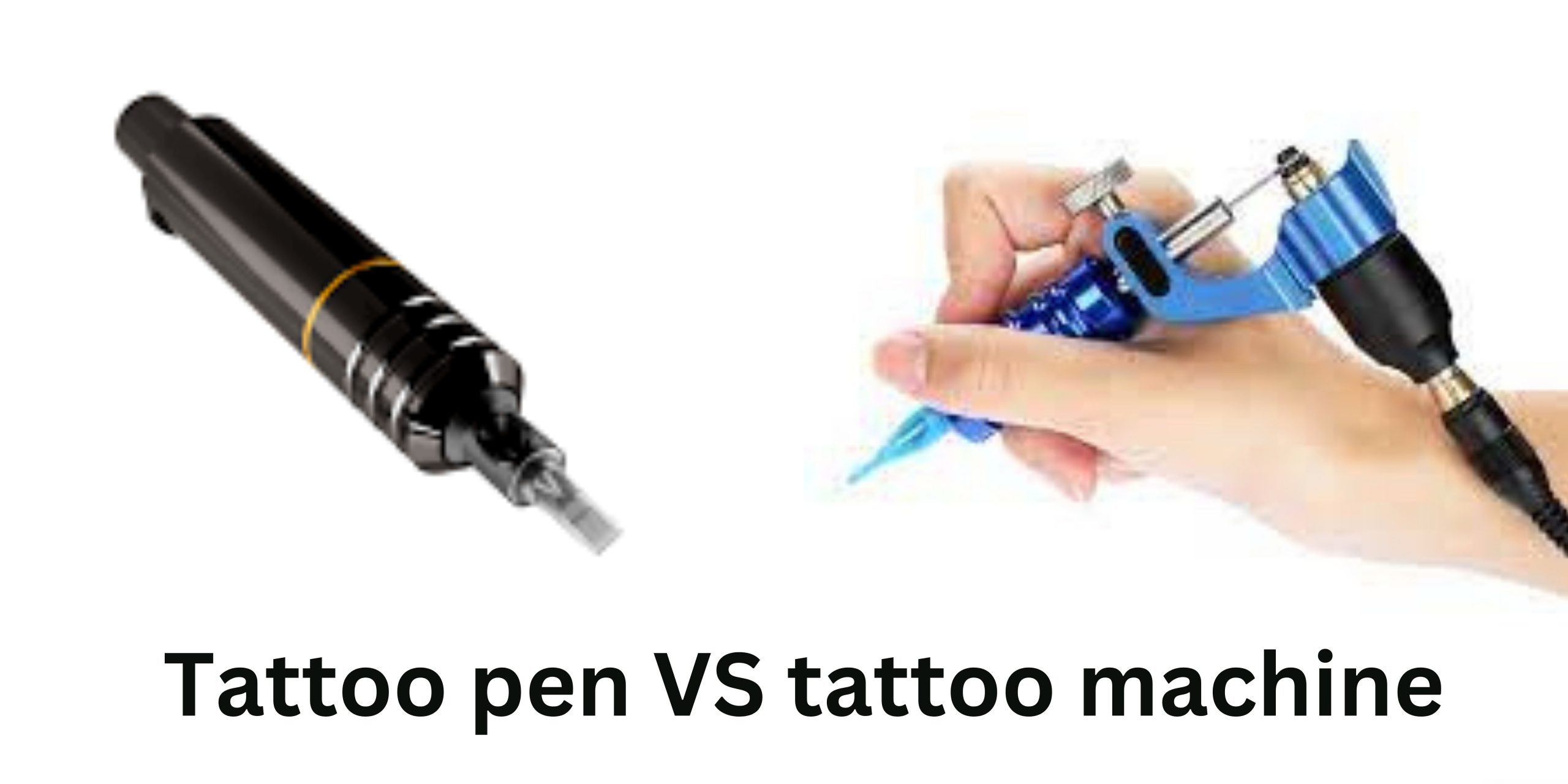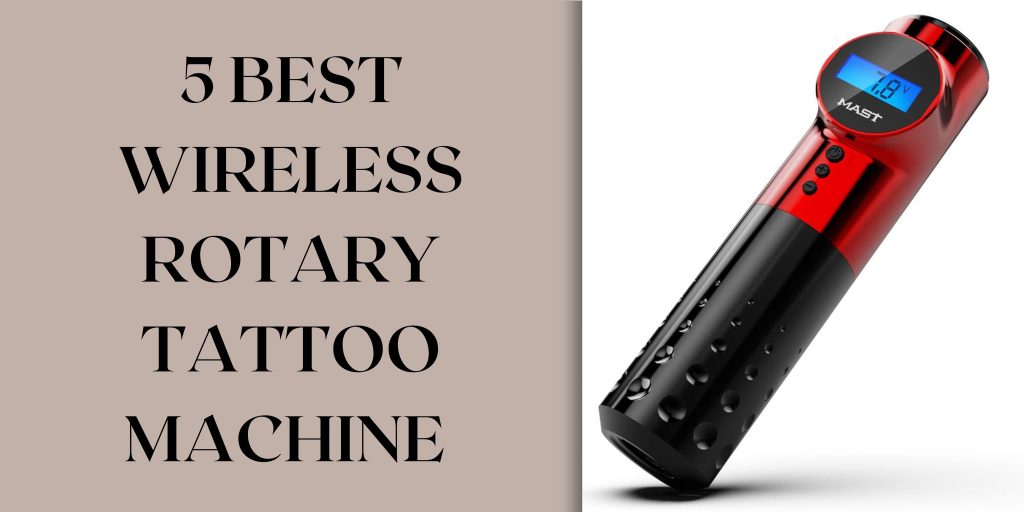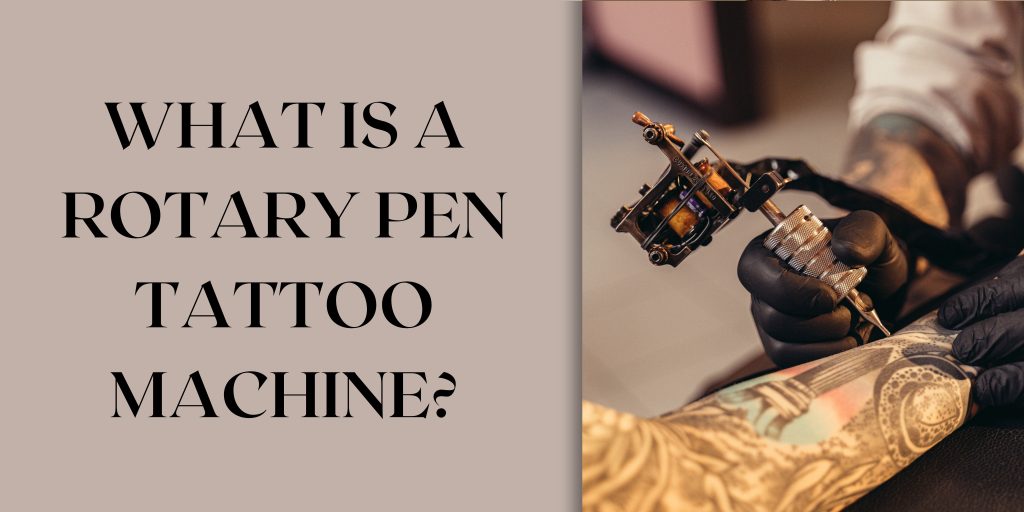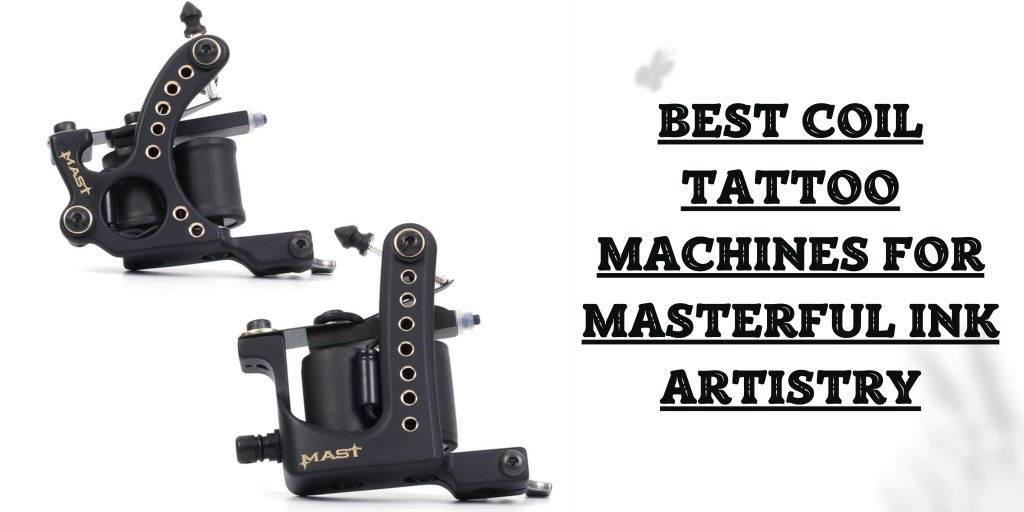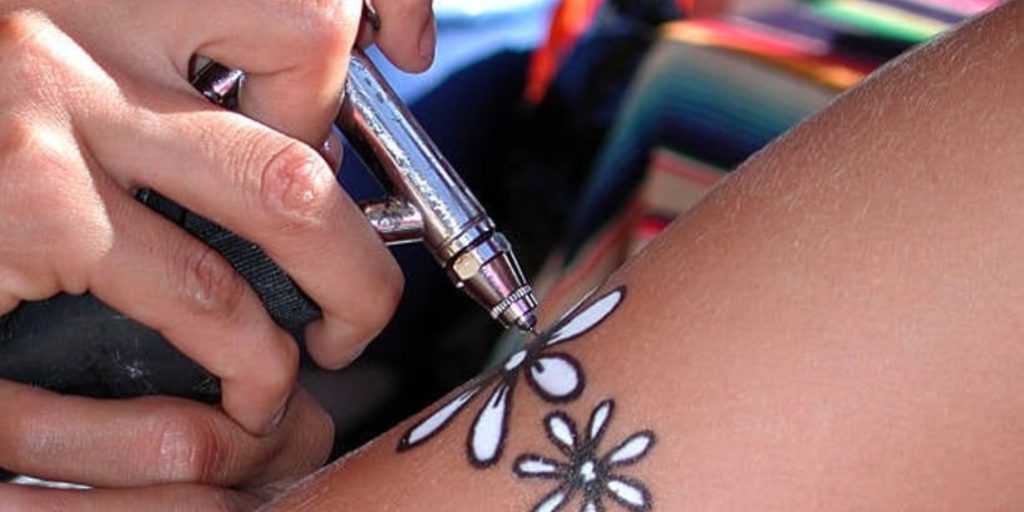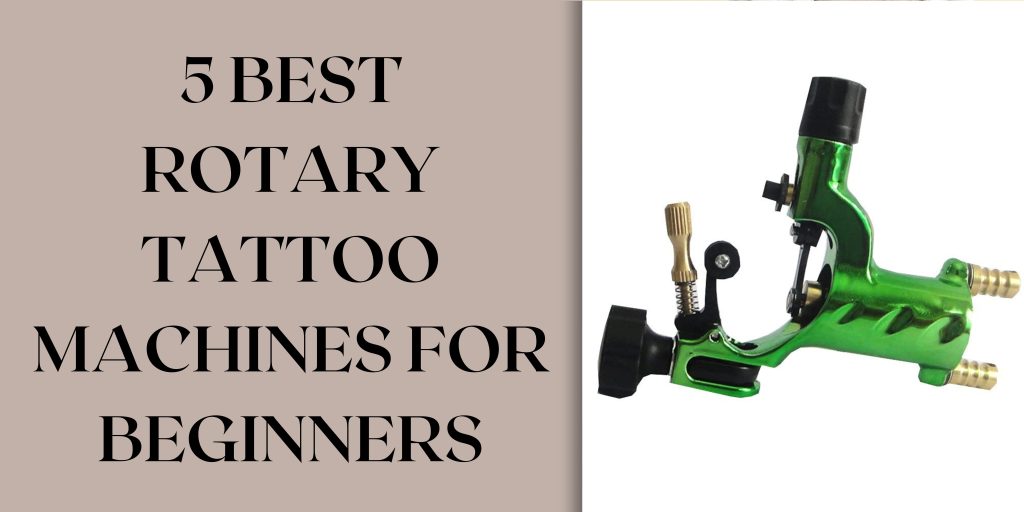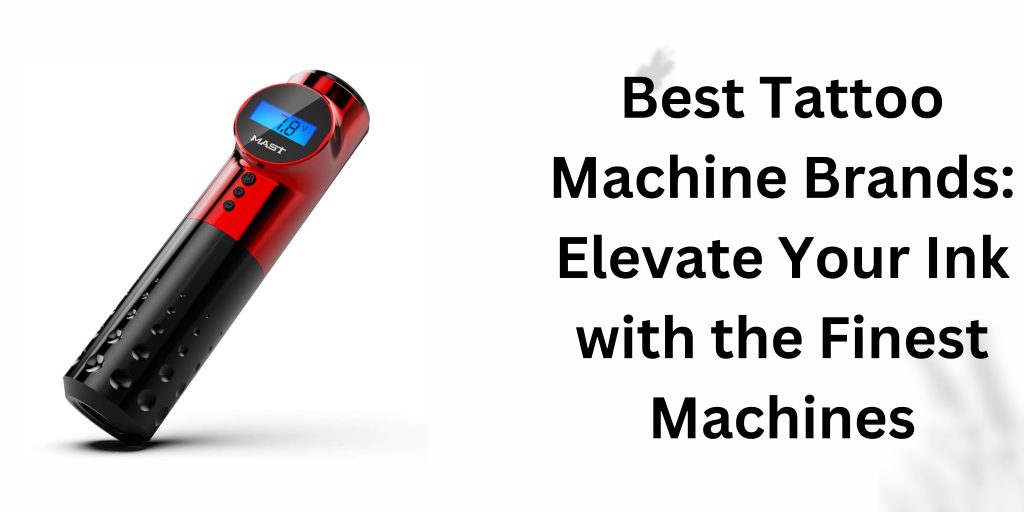Tattoos have evolved from being counterculture symbols to mainstream forms of self-expression. With this evolution, the tools of the trade have also seen remarkable advancements. Two contenders, the traditional tattoo machine and the modern tattoo pen stand at the forefront of this artistic evolution. In this article, we embark on a journey to explore the nuances of Tattoo Pen vs Machine diving into the world of ink, artistry, pain, and innovation.
The Mechanics Behind the Art
At the heart of the tattoo parlour’s creative hub are the tools that artists wield to turn visions into reality. Tattoo machines have been the go-to choice for decades. They come in two primary forms: the traditional coil tattoo machine and the rotary tattoo machine.
Traditional Coil Tattoo Machine
These machines rely on a complex system of electromagnetic coils to drive the tattoo needles up and down. The result is a rhythmic buzzing sound that resonates with the classic tattoo parlor vibe. The coil machines excel in creating bold lines and shades, making them favourites for larger designs.
| Pros | Cons |
|---|---|
| Bold lines and shading | Can be noisy and intimidating for clients |
| Suitable for large tattoos | Steeper learning curve for beginners |
| Widely available | May cause more discomfort during longer sessions |
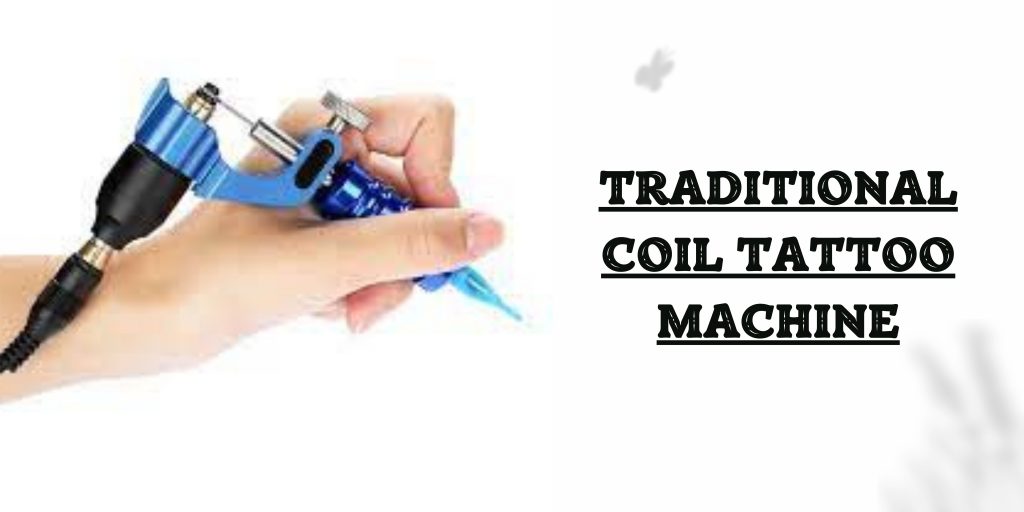
Rotary Tattoo Machine
Rotary tattoo machines, on the other hand, operate using a rotating motor to drive the needles. They provide a quieter and smoother experience, making them a preferred choice for intricate detailing and colour packing.
| Pros | Cons |
|---|---|
| Quieter and smoother operation | Might not be as efficient for large areas |
| Ideal for intricate designs | Slightly more expensive than traditional coil |
| Easier on the skin | Requires adjustments for different techniques |
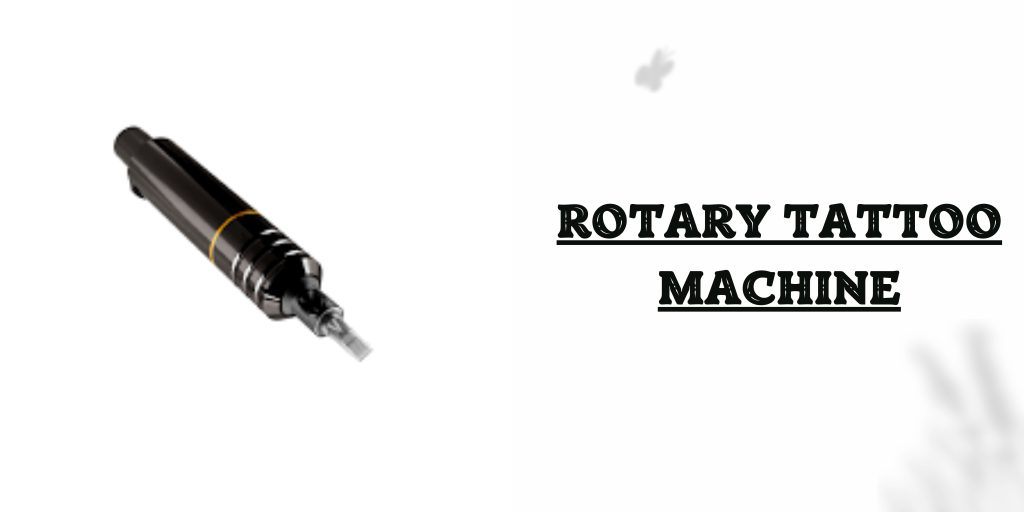
Introducing the Modern Tattoo Pen
In recent years, tattoo pens have emerged as a revolutionary alternative to traditional machines. These pens, often referred to as rotary pen tattoo machines, combine the convenience of a pen-like grip with the precision of rotary mechanisms.
The key components of a tattoo pen include the needle cartridge system and the motor type.
Needle Cartridge System
Unlike traditional machines that require manual needle setup, tattoo pens utilize disposable needle cartridges. These cartridges contain the needle, ink flow, and protective housing, ensuring a more sterile and efficient tattooing process.
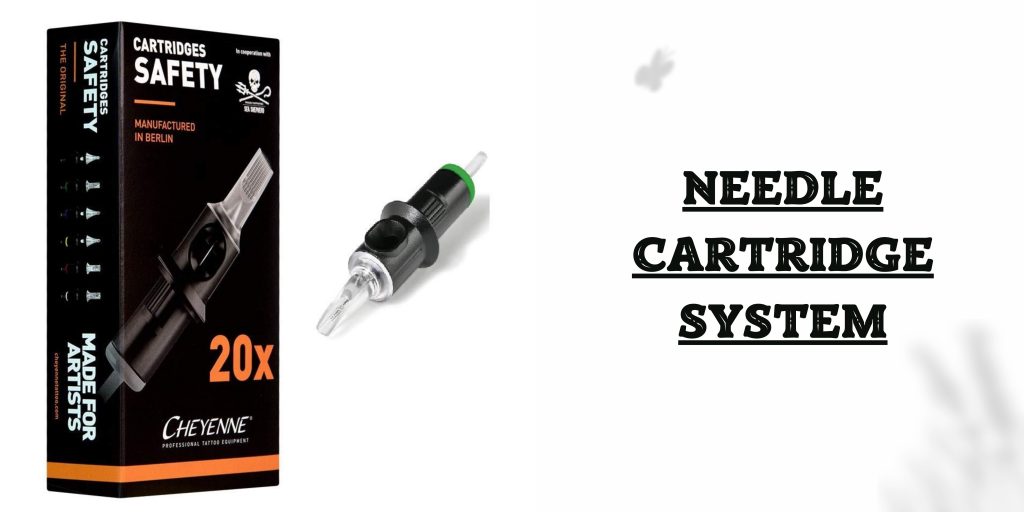
Motor Types
Tattoo pens can be equipped with different motor types, primarily brushless DC motors and coreless motors. Brushless DC motors offer higher torque and durability, while coreless motors are known for their smoothness and quieter operation.
| Pros | Cons |
|---|---|
| Hygienic and efficient | Initial cost can be higher |
| Faster setup and needle changes | Limited availability compared to traditional machines |
| Quieter operation | Less suitable for heavy shading |
The Great Showdown: Pen Precision vs. Machine Power
When it comes to choosing between a tattoo pen and a machine, the decision often hinges on the specific demands of the artwork and the artist’s style.
Pen Precision and Detailing
Tattoo pens are celebrated for their ability to achieve intricate designs with remarkable precision. The fine needle control and lightweight design allow artists to create delicate lines, realistic portraits, and micro tattoos with ease. The gradual and layered approach of tattoo pens contributes to smoother colour blending, making them a favourite for watercolour and abstract tattoos.
Machine Power and Efficiency
Traditional tattoo machines excel in power and speed, making them the go-to choice for large-scale tattoos and solid colour packing. The robust mechanics of coil machines ensure efficient ink saturation, making them ideal for bold outlines and dark shading. They are also well-suited for tribal, traditional, and neo-traditional tattoo styles.
Navigating the Pain and Healing Journey
The pain associated with getting a tattoo is a concern for many. Interestingly, the choice between a tattoo pen and a machine can impact the pain experienced during and after the process.
Pain Perception and Tolerance
Tattoo pens are often perceived as less painful due to their gentler approach and finer needles. The controlled movement and reduced skin trauma result in comparatively milder discomfort, making tattoos more manageable for those with lower pain thresholds.
On the other hand, traditional machines might cause slightly more discomfort, especially during longer sessions or when working on areas with dense nerves. However, experienced tattoo artists can manage pain effectively regardless of the tool used.
Healing and Aftercare
The healing process after getting a tattoo also varies based on the tool used. Tattoo pen tattoos, with their precise needle control, generally lead to less trauma to the skin. As a result, the healing time might be slightly quicker compared to machine tattoos.
However, proper aftercare remains crucial regardless of the tool. Following the artist’s instructions, keeping the tattoo clean, and moisturizing appropriately contribute to a smooth healing process.
Vibrancy and Longevity of Ink
The longevity and vibrancy of tattoo ink are influenced by various factors, including ink quality, aftercare, and skin type. While the choice between a pen and a machine might not be the primary determinant, there are subtle differences in ink application that can affect the overall outcome.
Tattoo Pen: The Gradual Approach
Tattoo pens, with their precise control, allow artists to layer ink gradually. This layering technique contributes to better colour retention over time, ensuring that the tattoo remains vibrant and true to its original hues.
Tattoo Machine: Swift and Consistent
Traditional tattoo machines, with their power and speed, deliver ink in a consistent manner. This can be advantageous for achieving solid colour saturation in larger areas. However, improper technique or excessive pressure can lead to overworked skin and potentially affect the ink’s longevity.
Safety First: Hygiene and Maintenance
When it comes to tattooing, safety and hygiene are paramount. Both tattoo pens and machines require strict adherence to sterilization protocols and cross-contamination prevention.
Needle and Cartridge Sterilization
Tattoo pens gain an edge in terms of hygiene due to their disposable needle cartridges. These cartridges eliminate the need for manual cleaning and sterilization, significantly reducing the risk of cross-contamination between clients.
Traditional tattoo machines, on the other hand, necessitate meticulous cleaning and sterilization of various components, including needles, tubes, and grips.
Cross-Contamination Prevention
With tattoo pens, the risk of cross-contamination is further minimized by the sealed cartridge system. Artists can focus on their craft with confidence, knowing that each client is receiving a fresh and sterile needle.
In contrast, traditional machines require diligent cleaning and autoclaving to ensure that reusable components are free from pathogens between sessions.
The Technological Frontier: Innovations and Beyond
The world of tattooing continues to evolve, and technology plays a significant role in shaping its future. Both tattoo pens and machines have witnessed notable innovations in recent years.
Evolution of Tattoo Machines
Traditional tattoo machines have undergone subtle yet impactful improvements. From enhanced precision mechanics to quieter operation, modern coil and rotary machines offer a blend of reliability and innovation.
Technological Innovations in Tattoo Pens
Tattoo pens have embraced wireless and battery-powered designs, providing artists with greater flexibility and manoeuvrability. Smart features, such as adjustable needle depths and digital interfaces, empower artists to experiment with various techniques and styles.
Making the Choice: Tattoo Pen or Machine?
The choice between a tattoo pen and a machine ultimately rests on the artist’s preferences, artistic style, and the nature of the artwork. Some artists find joy in the precision and finesse of tattoo pens, while others rely on the power and speed of traditional machines to bring their creations to life.
As the tattoo industry continues to expand and diversify, many artists are finding creative ways to incorporate both tools into their practice. The fusion of pen precision and machine power opens doors to innovative designs that push the boundaries of tattoo art.
FAQ of Tattoo Pen vs Machine
Conclusion
In the world of tattooing, there’s no one-size-fits-all answer to the pen vs. machine debate. Each tool brings its unique strengths to the table, enriching the artistic landscape and allowing tattoo artists to craft remarkable pieces that resonate with their clients.
As the tattoo industry continues to evolve, embracing both traditional and modern tools, we witness a celebration of diversity that reflects the very essence of tattoo artistry itself. So, whether you’re a tattoo enthusiast or an aspiring artist, remember that the beauty of tattooing lies in the journey, the art, and the choice of the tools that speak to your creative soul.

